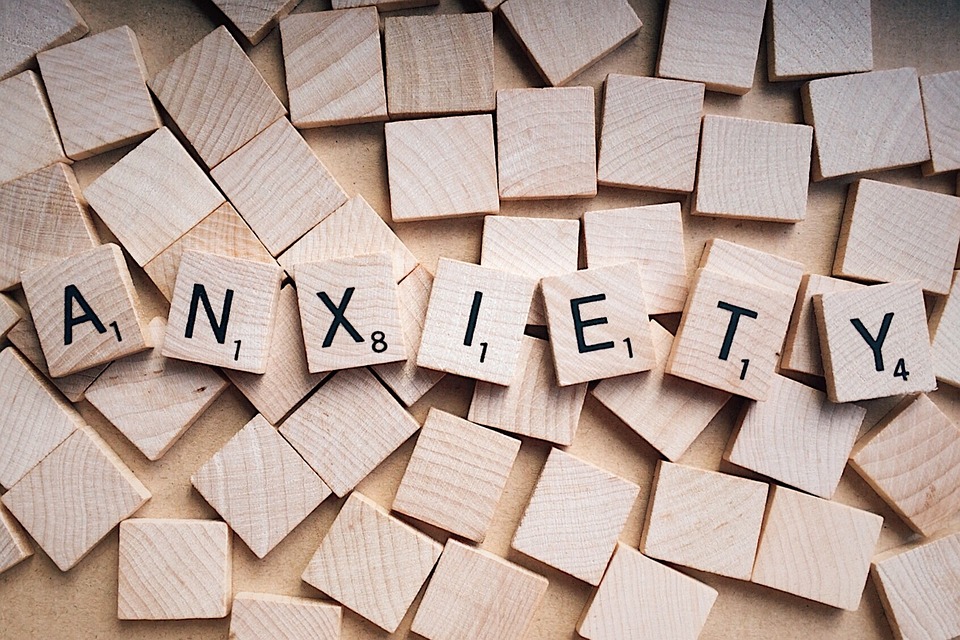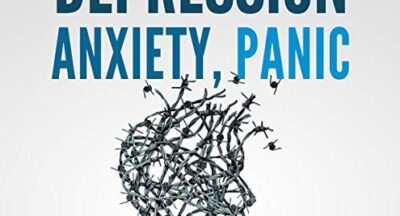
Strengthening Resilience: Several effective strategies to protect your mental health from the many downsides of anxiety disorder
Anxiety is a natural reaction to stress, but when it becomes persistent or overwhelming, it can take a toll on both mental and physical health. Strengthening resilience is key to managing anxiety and fostering a healthy, balanced mind. Resilience doesn’t mean avoiding stress—it’s about developing the ability to adapt and bounce back from life’s challenges.
This article explores several effective strategies to build resilience and protect mental well-being from the effects of anxiety disorder. Keep in mind that not every approach will work for everyone, but by gaining insight and understanding, you may discover techniques that suit you best. Let’s explore them one by one.
1. Develop a Growth Mindset
A growth mindset is the belief that abilities and intelligence can be developed through dedication and hard work. Viewing challenges as opportunities to grow rather than threats can shift your perspective and reduce anxiety. Embrace setbacks as learning experiences, and remind yourself that difficulties are temporary and surmountable.
2. Practice Mindfulness and Meditation
Mindfulness involves focusing on the present moment without judgment. Regular mindfulness practice can help reduce anxiety by shifting attention away from distressing thoughts and fostering a sense of calm. Meditation, deep breathing, and body scanning techniques can further support emotional regulation and stress management.
3. Prioritize Self-Care
Taking care of your body and mind is crucial in strengthening resilience. Ensure you get adequate sleep, maintain a balanced diet, and engage in regular physical activity. Exercise, in particular, has been shown to reduce anxiety by releasing endorphins and improving mood. Additionally, engaging in activities that bring joy and relaxation, such as hobbies or spending time in nature, can contribute to overall mental well-being.
4. Build a Strong Support System
Having supportive relationships can significantly buffer the effects of anxiety. Surround yourself with positive and understanding individuals who encourage resilience. Whether through family, friends, support groups, or therapy, meaningful connections provide comfort and guidance during stressful times.
5. Cultivate Emotional Regulation Skills
Managing emotions effectively can prevent anxiety from escalating. Techniques such as journaling, cognitive reframing, and engaging in creative outlets like art or music can help process emotions in a healthy way. Identifying triggers and developing coping mechanisms tailored to your needs can also enhance emotional resilience.
6. Establish Healthy Boundaries
Setting boundaries is essential for maintaining mental health and preventing burnout. Learn to say no to demands that exceed your emotional or physical capacity. Prioritize activities that align with your well-being, and avoid situations or individuals that contribute to unnecessary stress.
7. Develop Problem-Solving Skills
Resilience involves facing problems head-on rather than avoiding them. Strengthen your problem-solving skills by breaking challenges into manageable steps. Identify possible solutions, weigh their pros and cons, and take action. Feeling in control of situations can reduce anxiety and enhance confidence in handling future stressors.
8. Seek Professional Help When Needed
There is no shame in seeking professional support when anxiety becomes overwhelming. Therapy, counseling, or psychiatric intervention can provide tailored strategies and coping mechanisms. Cognitive-behavioral therapy (CBT), in particular, has proven effective in reducing anxiety symptoms and improving resilience.
Building resilience against anxiety disorder requires consistent effort and self-awareness. By fostering a growth mindset, practicing mindfulness, prioritizing self-care, and seeking support, you can strengthen your mental health and navigate life’s challenges with confidence. Remember, resilience is not about eliminating stress but about developing the capacity to adapt, recover, and thrive

dr.dan
Related Posts
Strengthening Resilience: Several effective strategies to protect your mental health from the many downsides of anxiety disorder
Anxiety is a natural reaction to stress, but when it becomes persistent or...
Anxiety and dental care: The double-edge sword between optimal oral health and mental trauma
The connection between anxiety and oral care is a widespread phenomenon...
The many ways that depression influences sleep patterns: From insomnia to hypersomnia (not always symptom of narcolepsy).
Depression can significantly influence your daily sleep in various ways....
Key strategies to maintaining proper mental health when being a caregiver: Anxiety can hit you at anytime, anywhere and frequently!
Adult caregivers exemplify remarkable selflessness in their commitment to...




